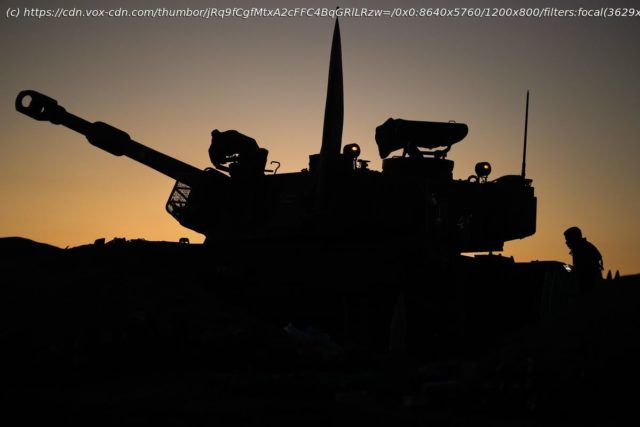The agreement is a pause, not a ceasefire. That distinction matters — a lot.
For anyone concerned about the people of Israel and Gaza, the just-announced deal for a break in the fighting between Israel and Hamas should be considered good news.
Per the agreement, Hamas will release 50 women and children taken hostage during the October 7 attack on southern Israel. In exchange, Israel will commit to a four-day cessation of its offensive in Gaza during which it will allow increased flow of relief into Gaza. It will also release roughly 150 Palestinians from Israeli prisons (a group that, per Israeli insistence, includes no Palestinians convicted of murder).
The deal is, in the most immediate sense, a humanitarian measure. Palestinians suffering from a brutal Israeli assault will get a reprieve from indiscriminate bombing and punishing ground warfare. International organizations will get much-needed time to improve their capacities to operate in Gaza. And Israeli hostages will be freed from the horrors of Hamas bondage, reunited with families who have missed them terribly.
But make no mistake: This deal does not alter the fundamental dynamics driving Israel to wage war in Gaza. After the horrors of October 7, Israel concluded it could no longer tolerate a Hamas-run government on its border — and plans to wage war until it believes it has sufficiently ground Hamas into dust. Neither international political pressure nor the risks of a seemingly nonexistent post-war plan have yet dissuaded Israel from pursuing that goal.
There is every likelihood that, after the days of exchanging prisoners are over, the fighting in Gaza and rocket fire into Israel will pick back up again. Indeed, Israeli Prime Minister Benjamin Netanyahu has said this explicitly — telling his cabinet that “we will not stop the war after the ceasefire.”
So yes, there’s no doubt that the Israel-Hamas agreement is a humanitarian boon to many suffering people in the region. But it’s important not to mistake it for a true end to the violence. Many more people, including many civilians, are still yet to die.






